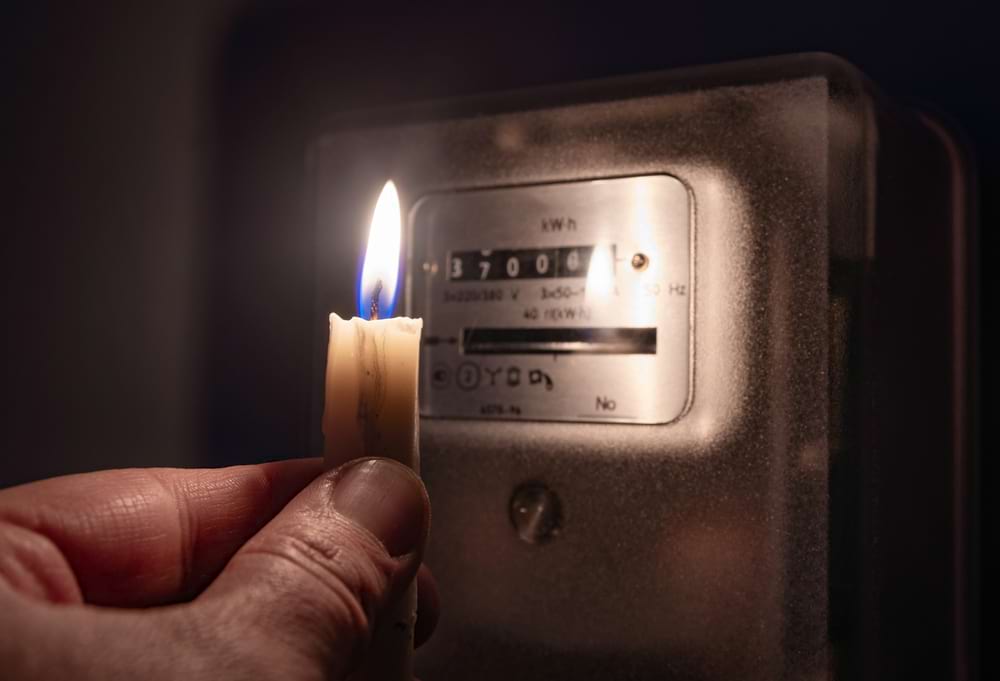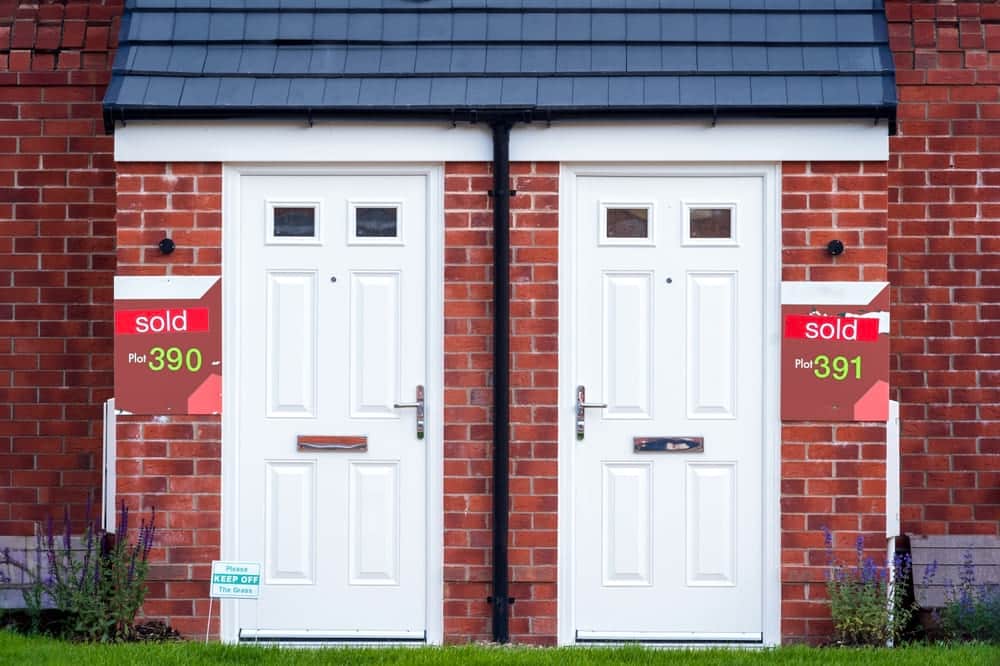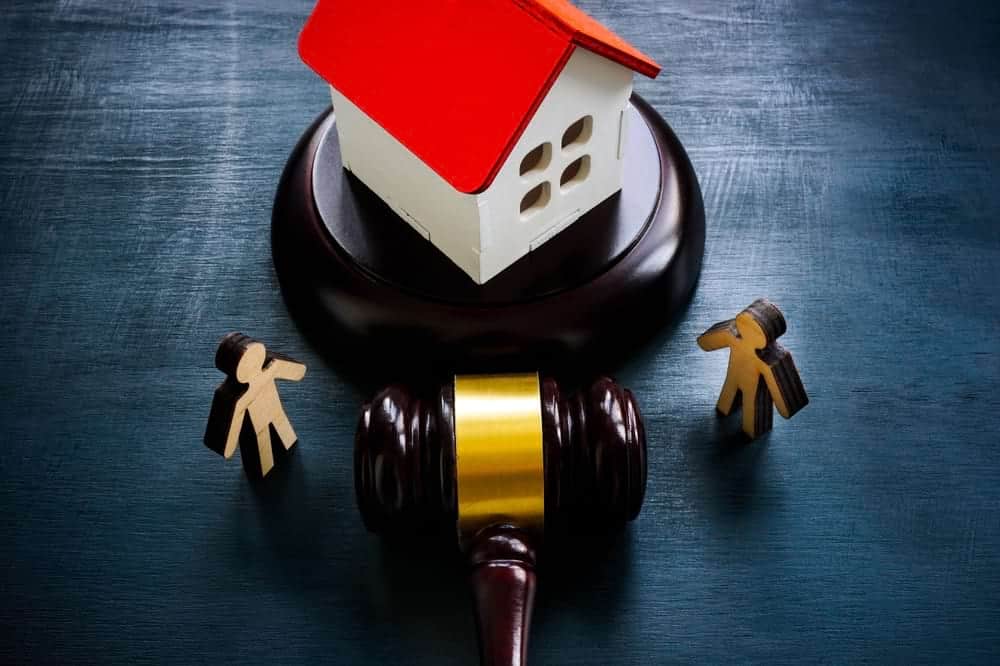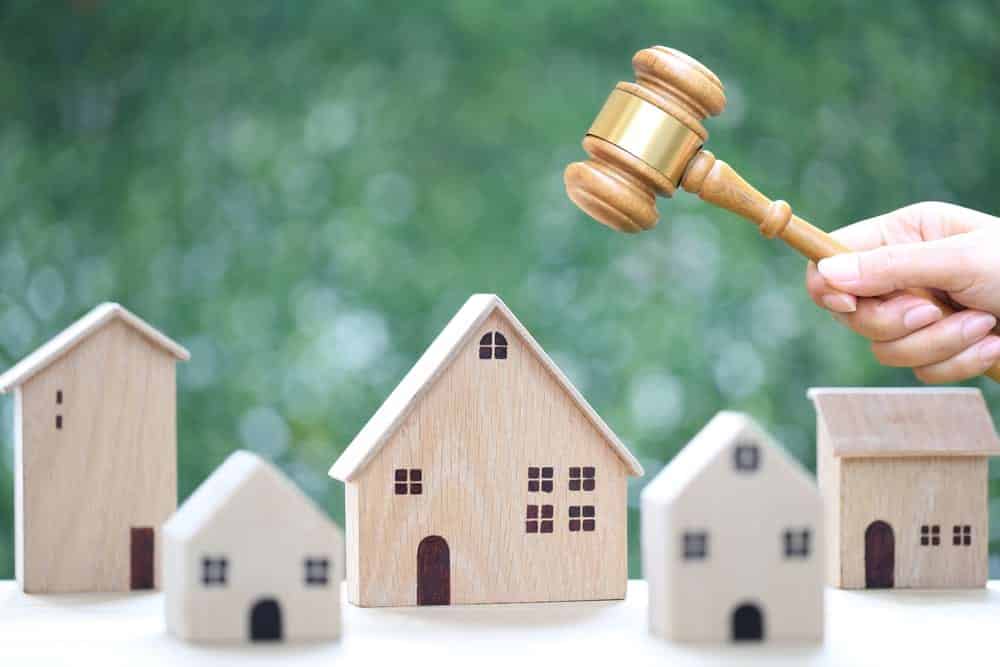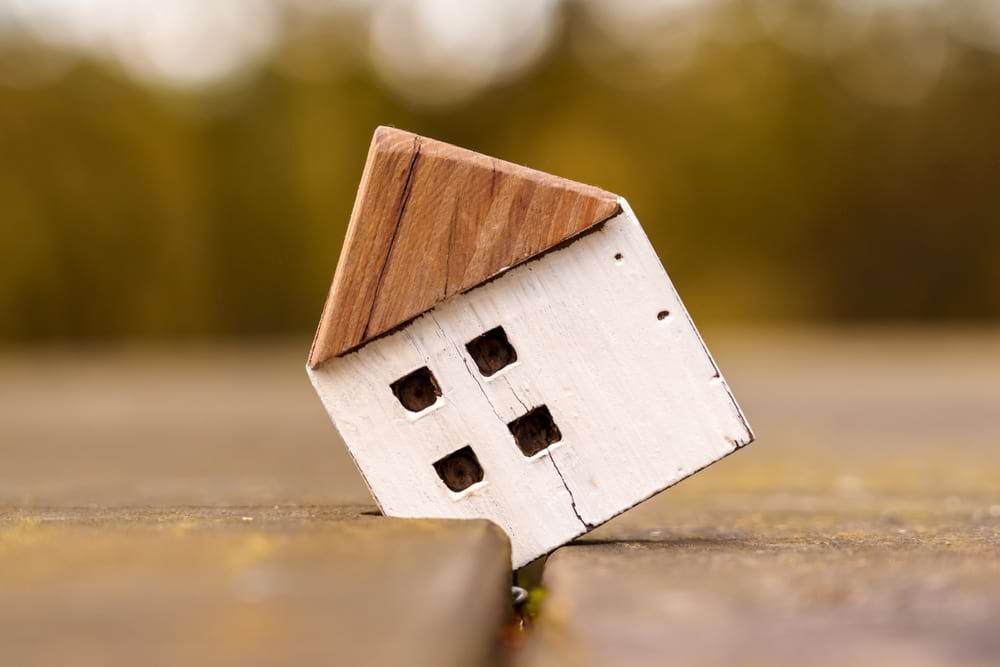The UK’s oldest standing house was built around 1148 AD (Saltford Manor House in Somerset).
But before that, houses existed here for thousands of years.
It was only in 1878 that the first house in the UK got electricity. It took another half a century for it to become mainstream.
But even though it was the norm for so long, can you sell a house without electricity today?
Read on to find out.
Can I sell a house without electricity?
Yes, selling your house without electricity in the UK is possible today.
It’s not a legal requirement to sell a property with electricity. (You must disclose if it doesn’t have it, though).
Most buyers will be reluctant to buy a house without electricity.
And many mortgage lenders will also be reluctant to lend on a house without electricity.
So, even though you are allowed to sell a house without electricity, it can be challenging to find buyers on the open market to sell it to.
Who can you sell a house without electricity to?
Some buyers actually prefer to buy a house without electricity.
However, it’s not that they want to buy a house without electricity per se.
They want to buy a house in sub-optimal condition to fix it up and sell it for a profit.
Finding these buyers involves the same steps as selling a house in bad condition in general.
Namely, it means considering alternative property-selling channels.
Property investors and developers often want to do this. They range from small, independent buyers to larger organisations that renovate multiple houses.
The latter group, in particular, are often cash house buyers, too, i.e., they don’t need a mortgage to make a purchase. This means that they can buy properties quicker than regular buyers.
Property auction markets work like regular auctions with bidders competing on a set day to make a purchase. They often specialise in selling properties in bad condition.
However, they’ll expect a lower selling price to compensate for this.
This is to help with the costs of getting electricity installed, including all the relevant safety certificates.
What certificates do I need to prove my house has electricity?
Electrical Installation Certificate (EIC)
An Electrical Installation Certificate shows that your property has safe electricity.
A qualified electrician provides it after installing an electrical system for the first time.
Electrical Installation Condition Report (EICR)
An Electrical Installation Condition Report is a second type of electrical certificate.
The main difference between this and an EIC is that this is a recurring assessment of an existing installation. You’ll usually get this done once every 10 years.
Energy Performance Certificate (EPC)
Many lenders and buyers will want to see your Energy Performance Certificate. It gives them information about the property’s overall energy efficiency.
A more in-depth completion of an EPC may reference electrical systems specifically.
Reasons my house might not have electricity
Newly built
If your property is newly built, electricity might still need to be installed. You could choose to sell without electricity to speed up the sale.
Remember that newly built properties can fluctuate in price anyway. So, potential buyers will be extra cautious.
Problem tenants
If you were letting out your house to problem tenants, they could have destroyed the electrical setup.
Perhaps you don’t have the time or money to fix damage they’ve done. Or maybe you’re waiting to see if insurance payments or suing them can cover the costs.
Struck by lightning
Each year, it’s estimated that 1 in 200 houses is hit by lightning in the UK.
This can cause property damage, including power surges that impact electricity.
Pest issues
Pest infestations may cause issues with your electrics. This is especially common with animals that have gnawed through your wires.
And lastly, it’s possible that the electrician poorly installed your previous system. This means you had sufficient electricity for a while, but it broke.
How does no electricity affect my selling price?
Your house is far less valuable when it doesn’t have electricity. Buyers may not be able to get a mortgage on it.
And they’ll be taking on the time, effort, and costs of getting electricity.
The average cost of rewiring a three-bedroom house in the UK is around £4,000. The price may be double that for a five or six-bedroom house.
Your buyer will want this taken off and extra compensation for the inconvenience.
This can often translate into around 10% of your property value. Speak to an independent expert for a personalised valuation based on your local market.
How to get electricity installed in my house
You should contact your local electricity distributor to install it on your property. They will give you a price quotation for connecting your electricity to the mains.
In addition to setting up a connection, you’ll need to choose a company to supply your electricity.
This will be the company that will send you bills.
Call an expert electrician if your previous electrical system is faulty and needs fixing.
They can give you a price for fixing the situation. Ensure you use a qualified expert, who provides the relevant electrical safety certificate at the end.
Contact the Citizens Advice Bureau for guidance with any part of this process.
